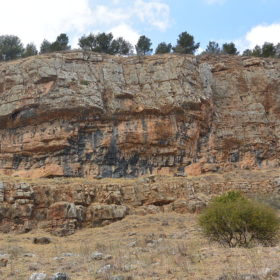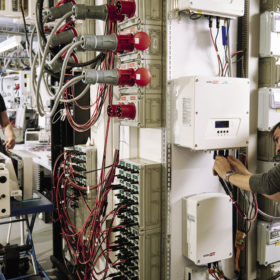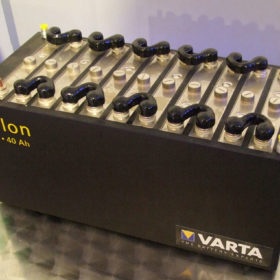Global daily round-up: Israel set to import solar power from Jordan and a hydrogen deal for South Holland
Plus, some 5 GW of solar could be heading to Botswana and Namibia and news of a new automotive fuel cell building in Ulm, Germany.
Covid-19 weekly round-up: Updates shed light on tough second quarter for solar industry firms
But Israeli inverter company Solaredge and Indian engineering, procurement and construction services provider Sterling and Wilson have both offered hope of a recovery in Europe as Chinese glass producer Xinyi said it kept the furnaces going throughout the worst of the pandemic.
SolarEdge up 12% after hours on second-quarter revenue and solid earnings – despite Covid-19
The inverter and energy storage company was able to maintain its streak of profitable quarters in what was expected to be a hard period for solar and the Israeli business said it sees “signs of recovery in the U.S.”
Israel’s solar-plus-storage tender concludes with final price of $0.0578/kWh
The government assigned 168 MW of capacity through the tender and selected three developers for 11 projects, with capacities of 100 MW, 48 MW and 20 MW.
Israel prepares 800 MW of pumped hydro storage
Renewables company Ellomay Capital has been forced to reduce the scale of its planned 340 MW Manara Cliff project, in the north of the country, because two rival schemes have already gobbled up a large proportion of the capacity quota currently offered by the government.
Israel wants another 15 GW of solar by 2030
Energy minister Yuval Steinitz has announced the country’s 2030 renewable energy target will rise to 30%, with solar expected to account for the lion’s share. Approximately $23 billion more clean energy investment is envisaged this decade.
Israeli national lottery supports rooftop PV program with $0.12/kWh feed-in tariff
The incentive scheme awards a 23-year, $0.12/kWh feed-in tariff to rooftop arrays with a generation capacity of up to 200 kW. Already, 141 municipalities have applied to install 116 MW of rooftop solar capacity and the government has increased the program’s budget from $28.5 million to $143 million.
The weekend read: Made in Israel
A reformed electricity market, officials who are supportive of PV’s new competitive position, and growing renewable energy ambitions are driving significant growth in Israel’s solar market this year. And with its homegrown hero in the background, solutions for the country to become a clean energy leader could already be in place.
Covid-19 weekly briefing: US residents ponder solar during lockdown, Aussie installers wonder what might have been and the Indian EV industry calls for help
Plus, Italian developers continue to dig deep for their health service, the pandemic piles on problems for a debt-saddled Chinese company and analysts consider whether there will be any money left for a green economic recovery after the dust settles.
Lithium-ion storage is here to stay
A German-Israeli research group has gathered for three days to discuss which storage technologies may outperform lithium-ion batteries in the future. They concluded that there is no such a thing as a “post Li‐ion” era in sight. They recommended a “side‐by‐side” approach for multiple technologies in different applications, as well as the hybridization of technologies. The group highlighted the strong potential of redox flow storage, which in their view may outperform Li‐ion, although only for stationary applications.









